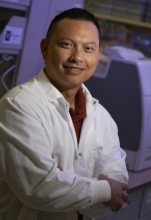Research Mentors

Relationship between oxidative stress and disease processes, particularly cancer

Biology of capsid structure, viral entry, trafficking, uncoating, membrane penetration, and the innate cellular responses to HPV viral infection
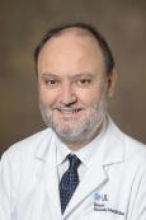
Molecular mechanisms promoting the development of squamous cell carcinoma of the skin, head and neck

Understanding the molecular basis of directed cell migration

Molecular mechanisms of oxidative stress and pharmacological agents of cytoprotection

Early phase clinical development of cancer chemopreventive agents and development of biochemical and molecular biomarkers for evaluation of cancer risk and drug efficacy

Regulation of normal and cancer cell responses to environmental signals

TGFB in T-cell homeostasis and tolerance

Genomic Instability, cancer susceptibility, genetic analysis of colorectal cancers

Use of medicinal compounds for disease treatments such as breast cancer

Human cytomegalovirus (CMV) latency

Natural products and medicinal chemistry including isolation, characterization and partial synthesis of anticancer agents and their mechanisms of action
Antigen processing and immune recognition of melanoma

Molecular mechanisms of angiogenesis and prostate carcinoma epithelial-mesenchymal transformation; regulation of cadherins in vascular morphogenesis
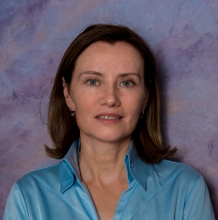
Study of the molecular changes in gaA leading to malignancy for the purpose of identification of molecular markers for detection or prevention of gastrointestinal cancer

Mechanisms of tumor-induced immunosuppression; promotion of anti-tumor immunity

Cancer biology and tumor suppressors


Gene copy number variation in cancer
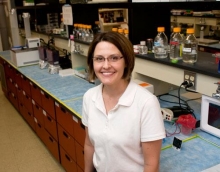
Radiation-induced salivary gland dysfunction; mechanisms of damage, clinical prevention measures, and restoration therapies

Relationship between epigenetic and genomic instability; regulation of transposable elements and repeat-gene clusters

Discovery of novel therapeutic drugs using a rigourous validation process and structure-based drug discovery algorithm primarily for lymphomas

Regulation of differentiation programs during normal development and tumorigenesis in pediatric cancers


Determine the atomic structures of proteins and seek to understand how protein structure gives rise to protein function - both in vitro and in living cells
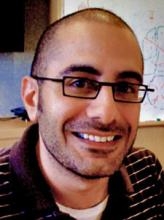
Invasion and metastasis of breast cancer through use of analytical cell biology and quantitative cellular microscopy

Evaluation of the molecular mechanisms of action of novel experimental cancer therapeutics with an emphasis on targeting protein degradation and autophagy.

Characterizing the mechanisms by which pathologic alterations arise due to changes in the physiochemical environment



Bone pain in cancer

Characterizing a particular pathway (the Plk4 pathway) to control the biogenesis of centrosomes

Cellular and molecular mechanisms in mammary function; gene expression in cell proliferation and differentiation

Breast cancer progression and invasion


Epigenetic mechanisms of gene expression, particularly their regulation through signaling pathways and their modulation by anti-cancer drugs

Angiogenesis; understanding the chemical and biological mechanisms of the antineoplastic, DNA-damaging natural product leinamycin; understanding inducible resistant mechanisms in human cancer cells to DNA-damaging anticancer drugs


Regulation of serine/threonine protein kinase pathways that function in stress-related signal transduction pathways
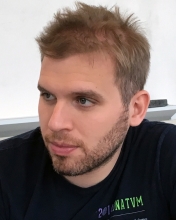
My lab is interested in uncovering why, despite being genetically closely related, only a limited subset of human papillomaviruses is associated with human cancers. My research program leverages evolutionary vidence to gain understanding of the complex, and medically relevant phenotypes. We use state-of-the-art molecular techniques including 3D (organotypic) skin models, genomics approaches, and confocal microscopy combined with thorough evolutionary analysis to address the genetic and molecular basis of tumorigenicity of HPV.

Understanding the biological mechanisms that allow cancer cells to survive in the hypoxic tumor microenvironment, with a focus on developing novel strategies to oppose hypoxia-mediated therapeutic resistance

The innate immune system has a large repertoire of receptors/sensors that respond to microbial components and host “danger signals” in order to regulate inflammation and immune responses. The dysregulation of many of these sensors has been linked to chronic inflammatory disorders (e.g., inflammatory bowel diseases) and multiple types of cancer. My group’s research focuses on how the dynamic relationship between the intestinal microbiota and these innate immune sensors regulate the cell signaling events driving chronic inflammation and cancer development. We seek to treat these diseases through the manipulation of intestinal microbial ecology and redirection of immune activation.

Epithelial cells and neurons:regulation of development and polarity

Development of novel molecular agents for skin cancer chemoprevention and chemotherapy

Cancer pathways using quantitative systems biology

Nrf2/Keap1 signaling pathway


